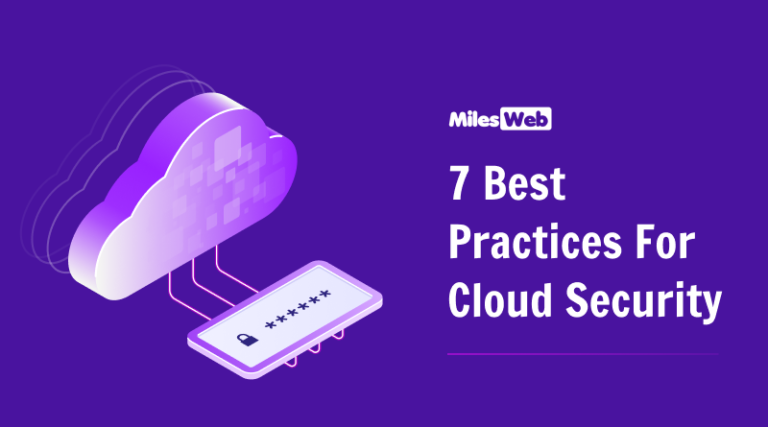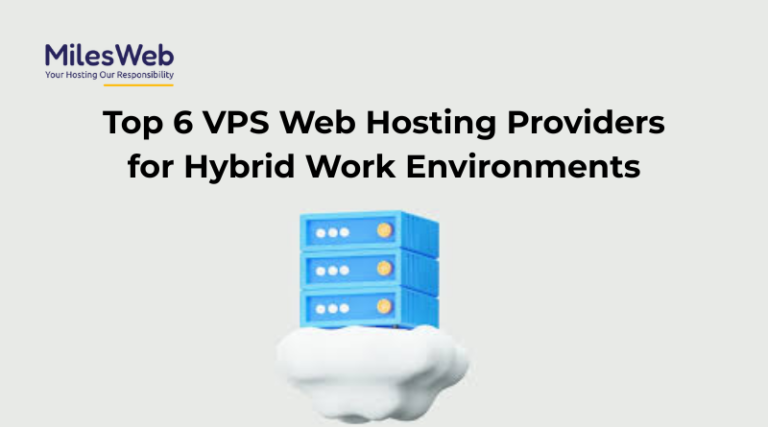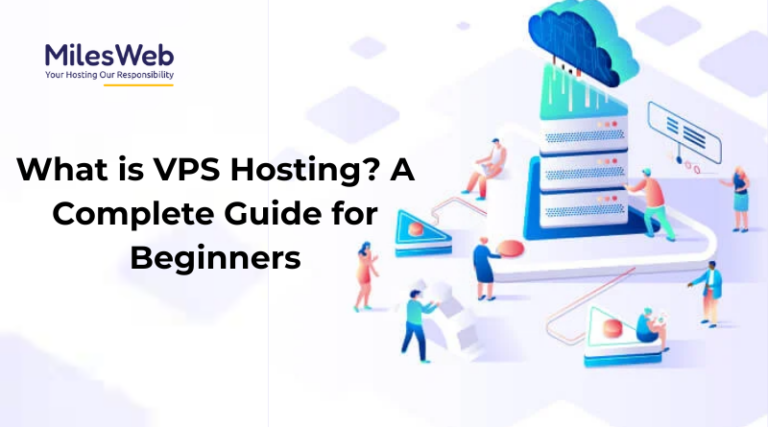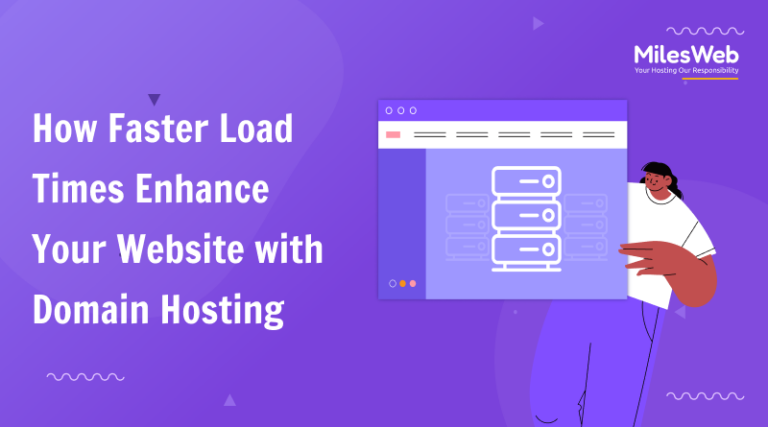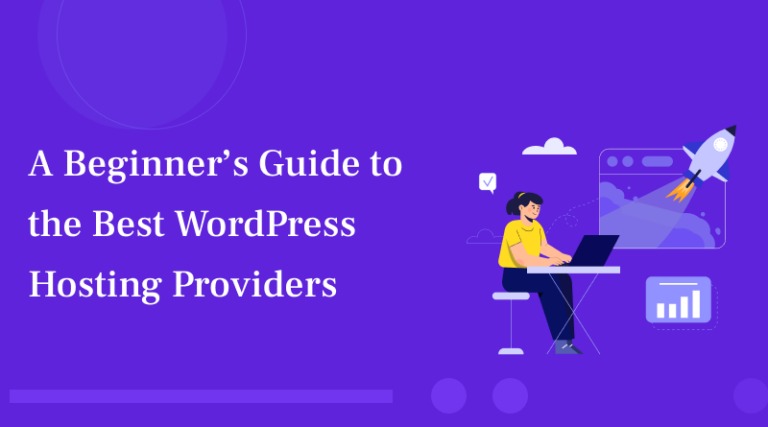Cloud technologies have emerged to the next level which helps businesses to scale and reach new potential heights. But like every technology, certain loopholes make them vulnerable to cyber threats. Therefore, certain cloud security practices can be implemented.
Whether it is a cheap cloud hosting service provider or an IT company that offers cloud infrastructure deploy these robust security measures to safeguard the data. As data generation and consumption have increased at an alarming rate following the traditional approaches. In this blog, we have mentioned top cloud vps security practices that will streamline business operations without causing data breaches.
Top Cloud Security Measures For Data Protection
1. Choose a Reliable Cloud Service Provider
Choosing a trustworthy cloud hosting service provider or an IT service provider is essential. Renowned service providers implement the best security measures like data encryption, access controls, and high-class storage measures. Different regulations like ISO 27001, HIPAA, and PCI DSS.
MilesWeb is a renowned managed cloud hosting service provider offering free SSL certificates, monitoring services, and others. Hence, a reputed name will deliver the quality solution without compromising on the quality standards.
2. Understand Your Security Responsibilities
Whenever you move the data to cloud services, it is essential to know who is managing the security standards. As we have mentioned above, cloud hosting service providers monitor the data and server resources that will safeguard mission-critical information. Be in touch with your service provider to take regular updates and check the security status of your cloud server (like you do for antivirus software).
Although customers ensure end-to-end responsibility to maintain the best security of their data. With cloud services, the cloud provider takes on more and more responsibilities as customers move from on-premises to cloud services. It is always the customer’s responsibility to maintain and secure data, devices, and identities.
3. Use Strong Authentication
Even though passwords are the first line of defense against unauthorized access, they can be stolen, leaked, or compromised. Strong authentication methods, such as multifactor authentication, can significantly reduce the risk of unauthorized access to data. Multifactor authentication requires users to provide multiple forms of authentication, such as a password and a code sent to a mobile app, before gaining access to cloud resources.
Moreover, by using the best authentication technologies like 2FA (Two Factor Authentication), Cloudflare, and others, cloud service providers are ensuring no security loopholes. Also, it prevents bot traffic/users from visiting websites and accessing data. As a result, due to strong website security measures, there are no more intrusion risks with the data hacks.
4. Implement a Cybersecurity Training Program
There are different tools/resources available to protect the data on the cloud from different adversaries. One of them is to train your team regarding cybersecurity. It is a great point to incorporate cloud security into an organization’s culture. It will not only upskill them but if there are any cloud clientele, the team can cater to their technical needs.
Ensure that the training program includes the most common adversaries in your industry and how they perform their attacks. Incorporate training that educates employees on the latest phishing techniques and empowers them to identify suspicious emails, attachments, and websites, thereby safeguarding sensitive company information.
5. Meet Compliance Requirements
Like any other product or service compliance, cloud security solutions also need to follow compliance guidelines. By doing so, meeting the best security standards and winning the trust factor among your target audience is easier. Overall, it ensures consumer protection.
Companies hold volumes of sensitive customer information like transaction details and personal identity. A strong cloud security solution following all industry norms and compliance standards encrypts and saves data from getting breached.
6. Secure Your Containers
Ensuring container security requires a comprehensive approach that safeguards both the containers themselves and the orchestration platform that manages them – a common practice in cloud environments. To achieve optimal container security posture and ensure business continuity within your organization in a cloud environment, it is essential to establish industry-standard security baselines for your containerized workloads.
The significance of implementing security technologies that empower comprehensive monitoring of containerized activities cannot be overstated. This empowers organizations to detect and decommission compromised containers efficiently.
7. Utilizing Cutting Edge AI and ML for Enhanced Threat Detection
With the threat landscape constantly evolving and introducing novel threats and vulnerabilities, organizations need to utilize technologies that incorporate advanced artificial intelligence (AI) and machine learning (ML ) to detect and neutralize malware, going beyond the limitations of traditional signature-based detection methods.
Conclusion
Cloud is the future of IT technology and many enterprises worldwide have migrated to this robust infrastructure to meet scalability. So, the security factor cannot be overlooked. The perfect cloud partner can bring more results with top-grade security and high-class services that ensure no hassles for businesses. Different cloud hosting providers claim to offer best-in-class solutions.
If you are looking for cloud hosting services with managed support, MilesWeb is your go-to option. The company is committed to boosting your website up to 40x with the past core web vitals. The web host also offers 24×7 support with enhanced security measures like DDoS protection, 2FA, and others.
